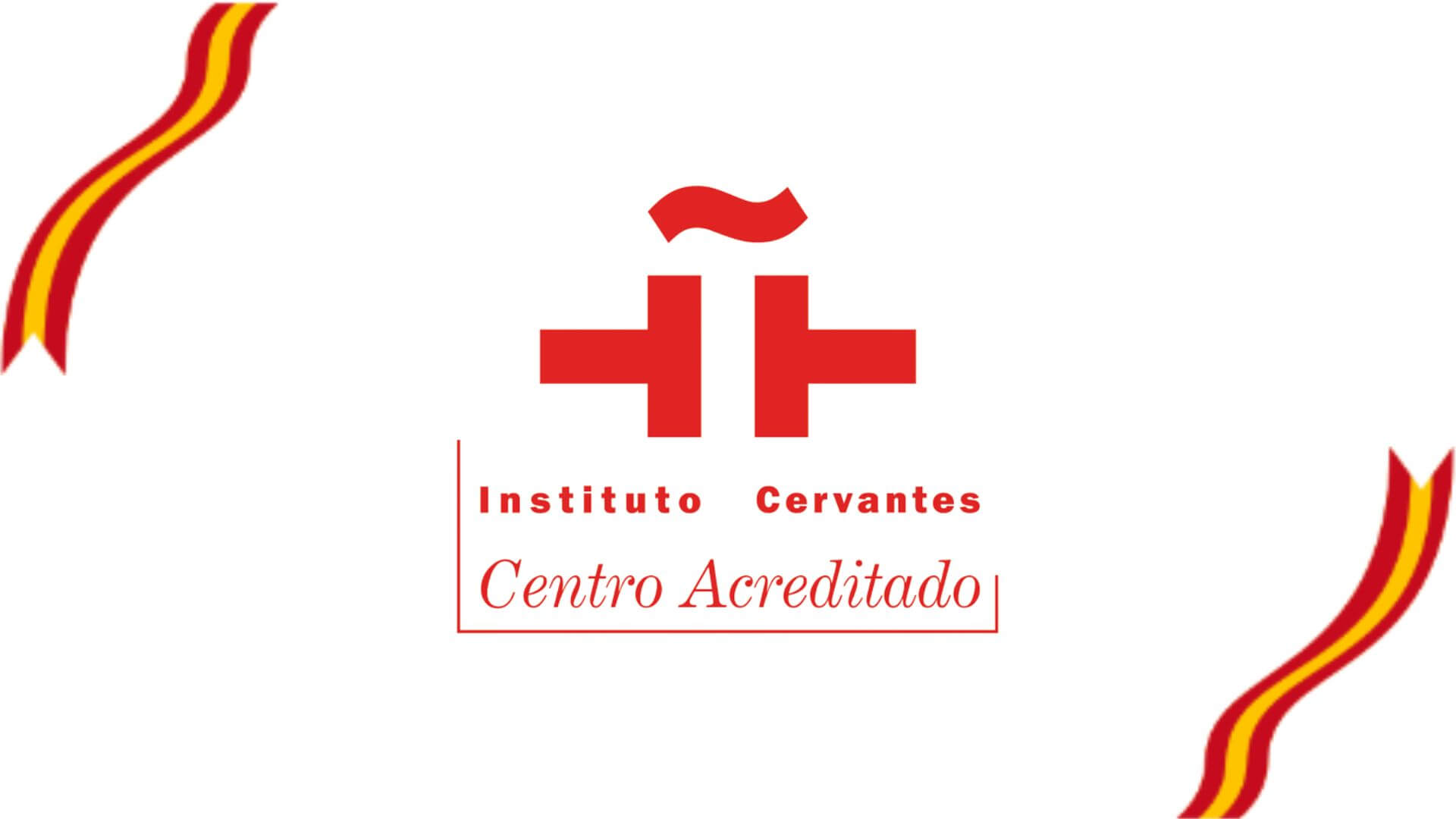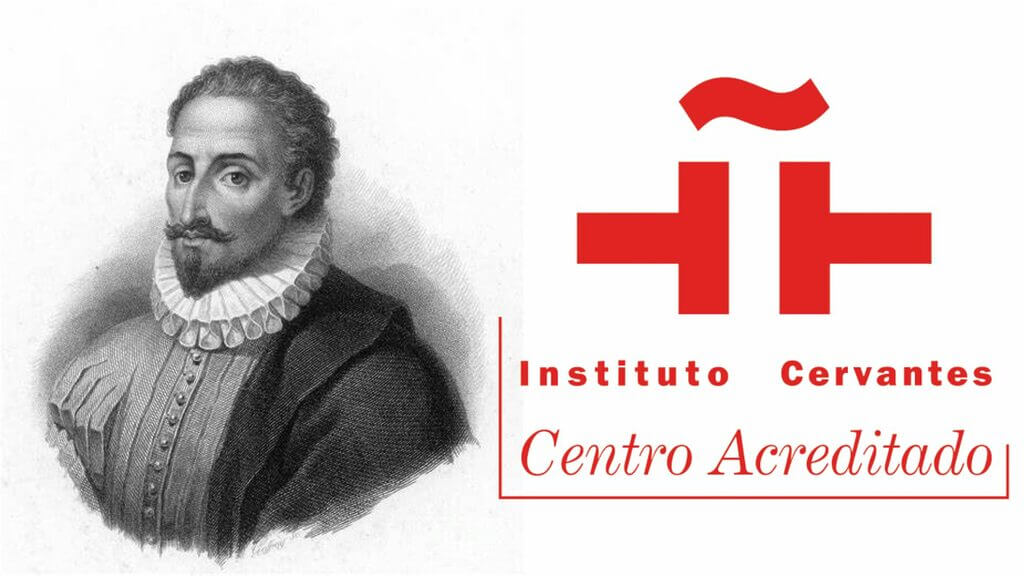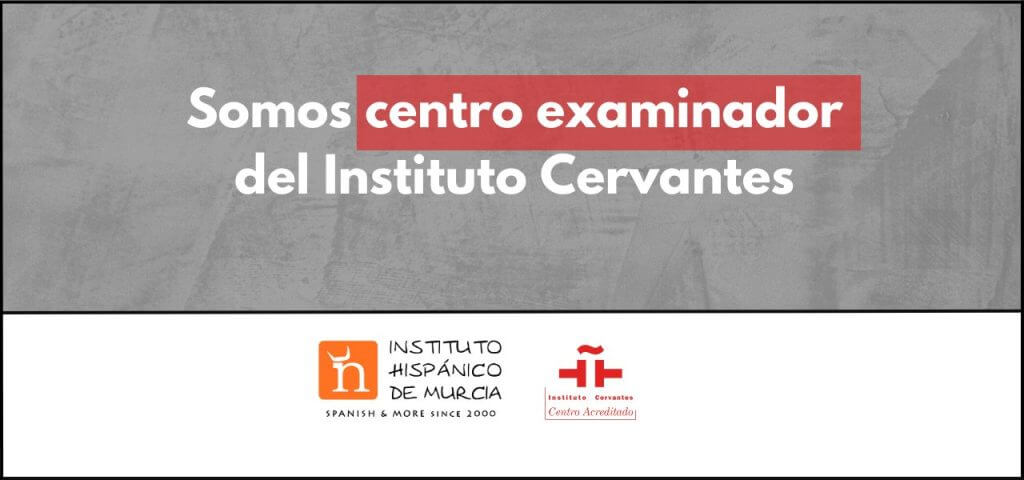The Cervantes Institute is an international organization established in 1991 by the Spanish Government to promote and teach the Spanish language and culture, as well as to encourage cultural and linguistic diversity worldwide.
With a presence in over 90 countries, the Cervantes Institute is the leading global authority on teaching Spanish as a foreign language and spreading Spanish and Latin American culture.
Origin of the Cervantes Institute
The Cervantes Institute was established by Law 7/1991 on 21 March, with the aim of promoting the teaching, study, and diffusion of Spanish worldwide. The institute is named in honour of the most universally recognised Spanish writer, Miguel de Cervantes, the author of the greatest work of Spanish literature, Don Quixote.
Quality Standards of the Cervantes Institute
The Cervantes Institute is renowned for its high-quality teaching of Spanish as a foreign language. Its quality standards are closely monitored by the institution, ensuring excellence in teaching and the quality of its programmes and courses. Additionally, the Cervantes Institute has a wide network of accredited centres where students can learn Spanish to the highest standards.
Members of the Cervantes Institute
The Cervantes Institute is made up of a Board of Directors, a Director, and an Advisory Council. It collaborates with various institutions and personalities dedicated to the development and promotion of the Spanish language and Hispanic culture. Additionally, it boasts an extensive network of centres worldwide, where Spanish courses are offered and cultural activities are held.
Accreditation of Spanish Schools by the Cervantes Institute
The Cervantes Institute is responsible for accrediting Spanish schools globally. To gain accreditation, schools must meet a series of requirements and quality standards in teaching Spanish as a foreign language. Currently, the Cervantes Institute accredits over 300 Spanish teaching centres around the world, ensuring high-quality teaching and excellence in the services provided. The Instituto Hispánico de Murcia is accredited by the Cervantes Institute.
Discover everything you need to know about the DELE and CCSE exams on our website, where you can find detailed information before to start your journey towards linguistic and civic success!
Similar Organisations in Other Countries
There are several organisations similar to the Cervantes Institute in other countries. Among the most notable are the “British Council” in the United Kingdom, the “Goethe-Institut“in Germany, the “Alliance Française” in France, and the “Istituto Italiano di Cultura” in Italy. All these organisations aim to promote and teach the language and culture of their respective countries.
Interesting Facts
The Cervantes Institute has more than 7,000 employees around the world and offers a wide variety of Spanish programmes and courses for all levels and ages.
Cultural Activities
The institute organises numerous cultural activities, such as exhibitions, concerts, and lectures, aimed at showcasing Hispanic culture globally.
The Main Headquarters
The main headquarters is located on Calle de Alcalá, one of the most iconic streets in Madrid, Spain. The building housing the headquarters was constructed in the 17th century as a Trinitarian convent and was later used as a military hospital and a prison. Today, the building has been renovated and adapted to accommodate the offices of the Cervantes Institute.
The Cervantes Prize
Another interesting fact is that the Cervantes Institute is responsible for organising the Cervantes Prize, the most prestigious literary award in the Spanish language. This prize was established in 1975 by the Spanish Ministry of Culture to honour writers who have made significant contributions to the enrichment of Hispanic cultural heritage.
It has the name of the most universal author of Spanish literature, Miguel de Cervantes Saavedra, author of the masterpiece of Spanish literature, “Don Quixote”. The prize consists of a medal with the bust of Cervantes and a diploma, as well as a financial award of 125,000 euros.
The prize recognises the entirety of a Spanish-language author’s literary work and is awarded to authors of any nationality who have significantly contributed to Hispanic literature. Esteemed Spanish-language writers such as Octavio Paz, Gabriel García Márquez, Mario Vargas Llosa, Camilo José Cela, and Antonio Buero Vallejo have been recipients of this award.
The selection process for the Cervantes Prize winner is conducted by a jury composed of prominent writers, literary critics, and academics. The jury is responsible for choosing the winner from a list of candidates proposed by various academies and cultural organisations from Spanish-speaking countries.
The Cervantes Prize is presented in a solemn ceremony held in April each year in Alcalá de Henares, the birthplace of Miguel de Cervantes. The ceremony is presided over by the King and Queen of Spain and attended by notable figures from the world of culture, politics, and Spanish society.







